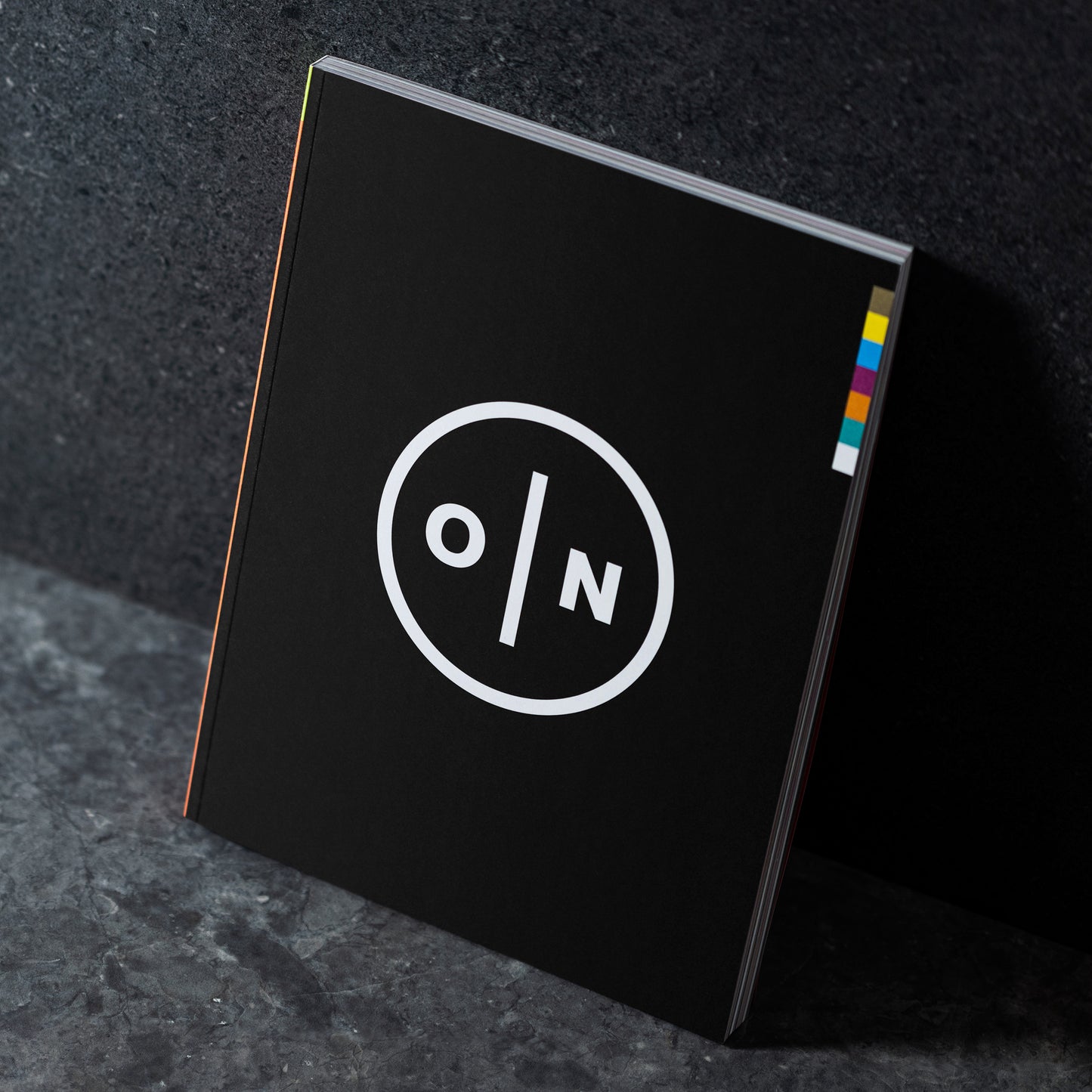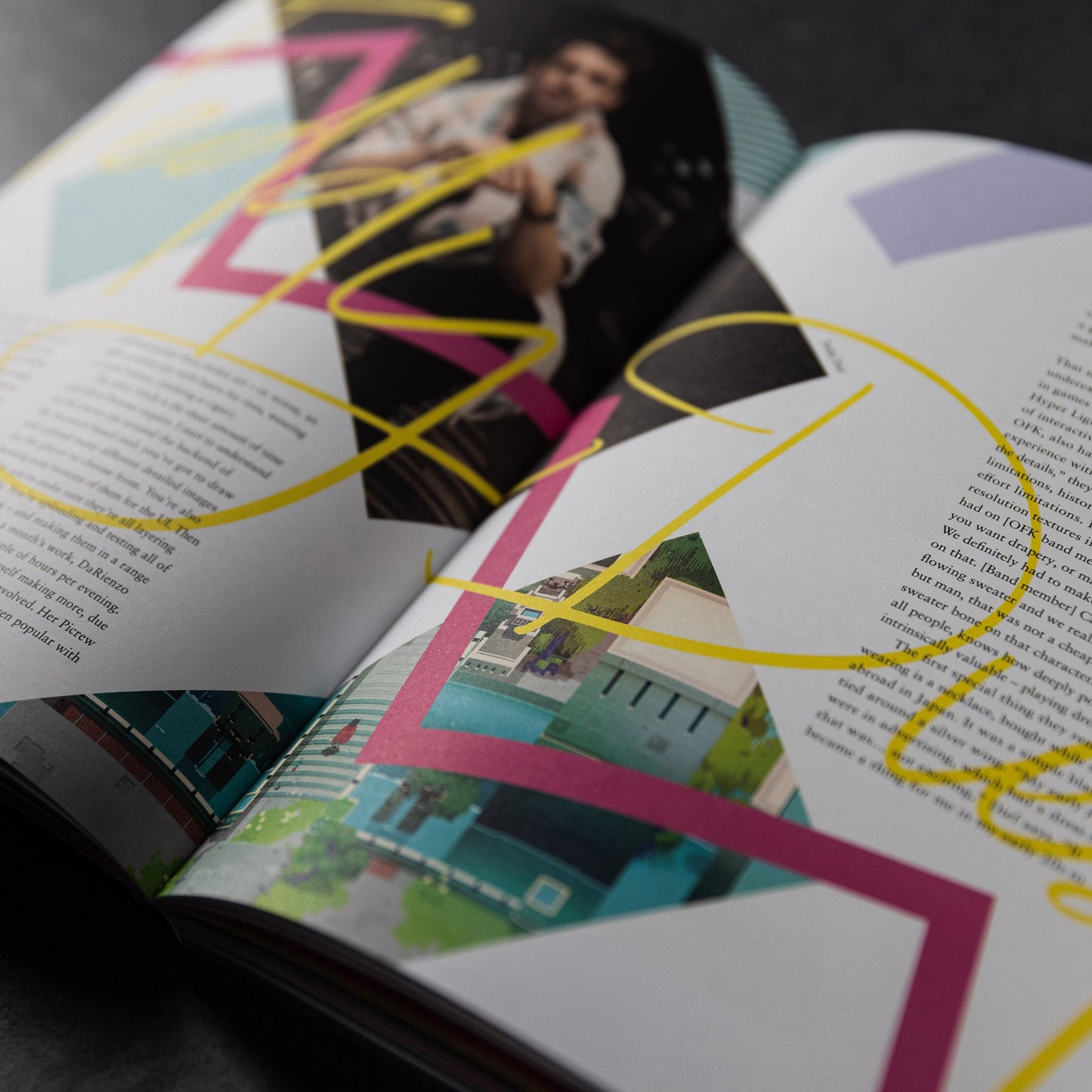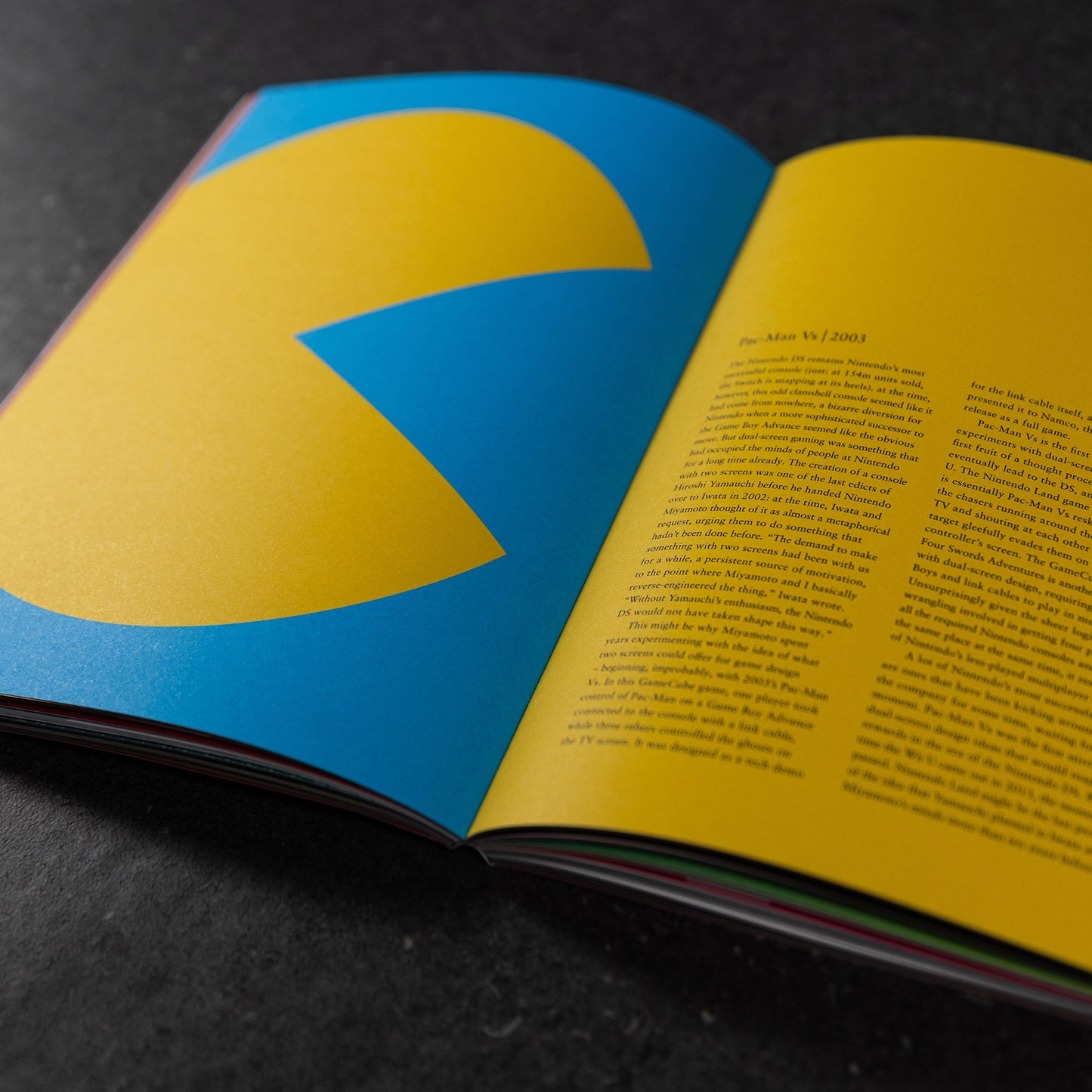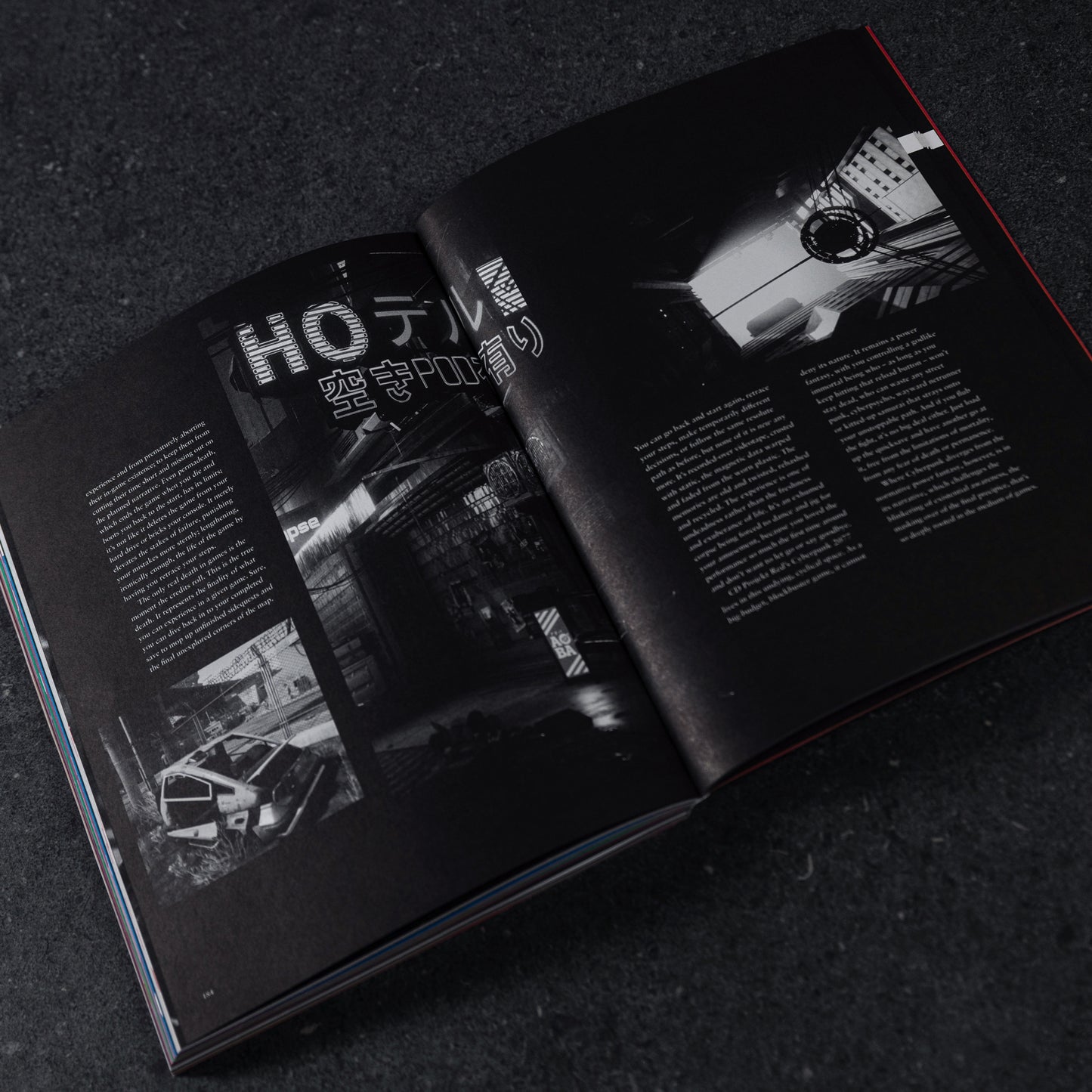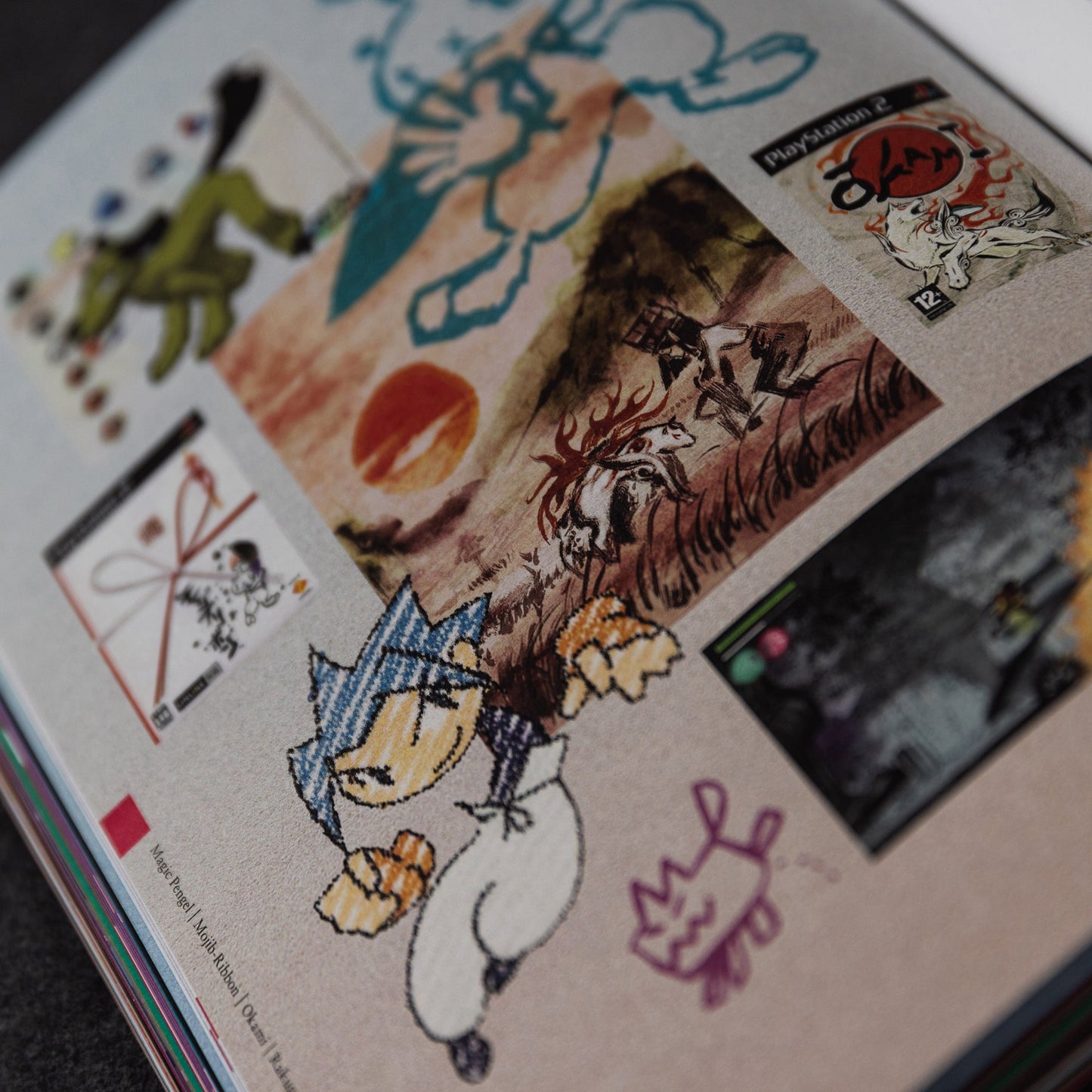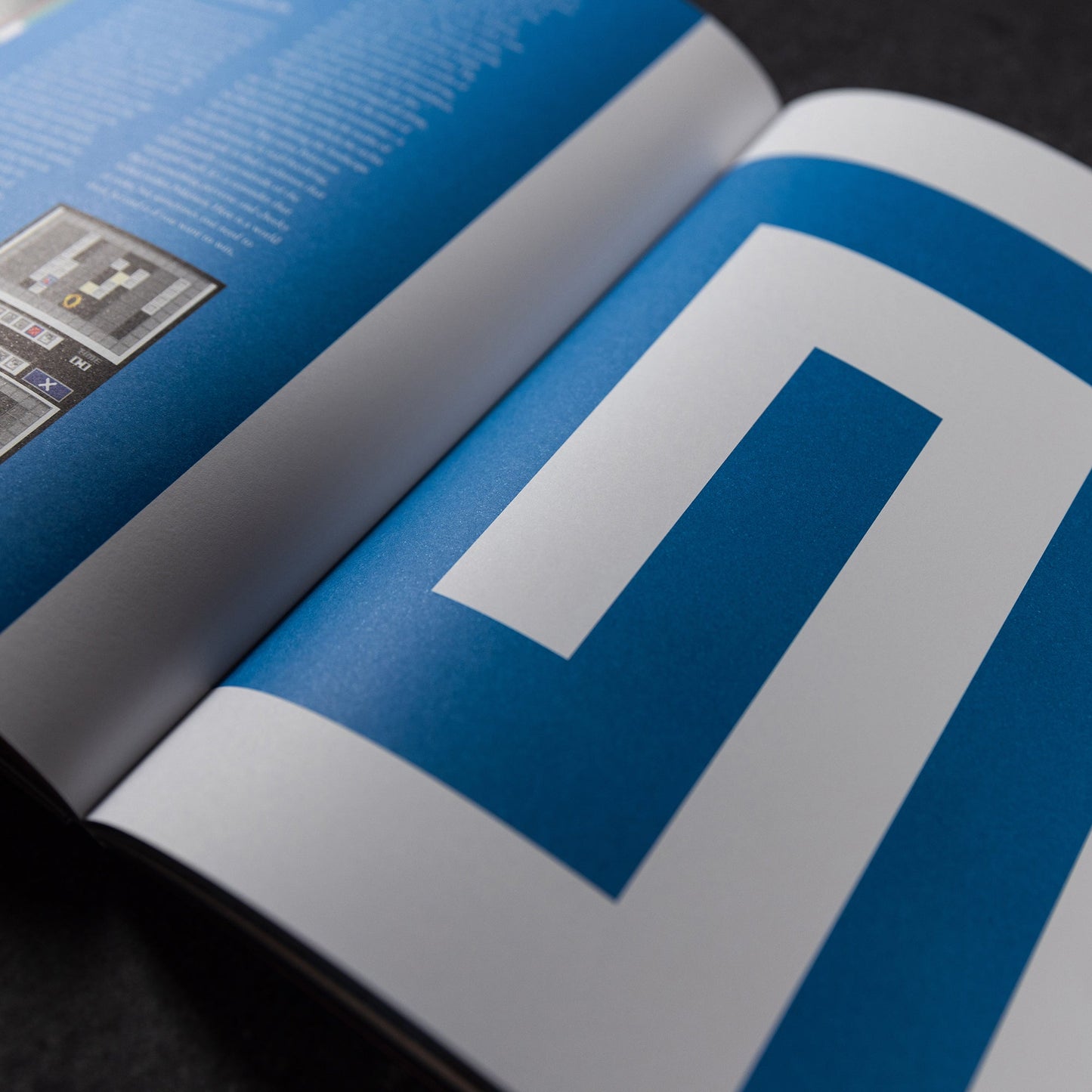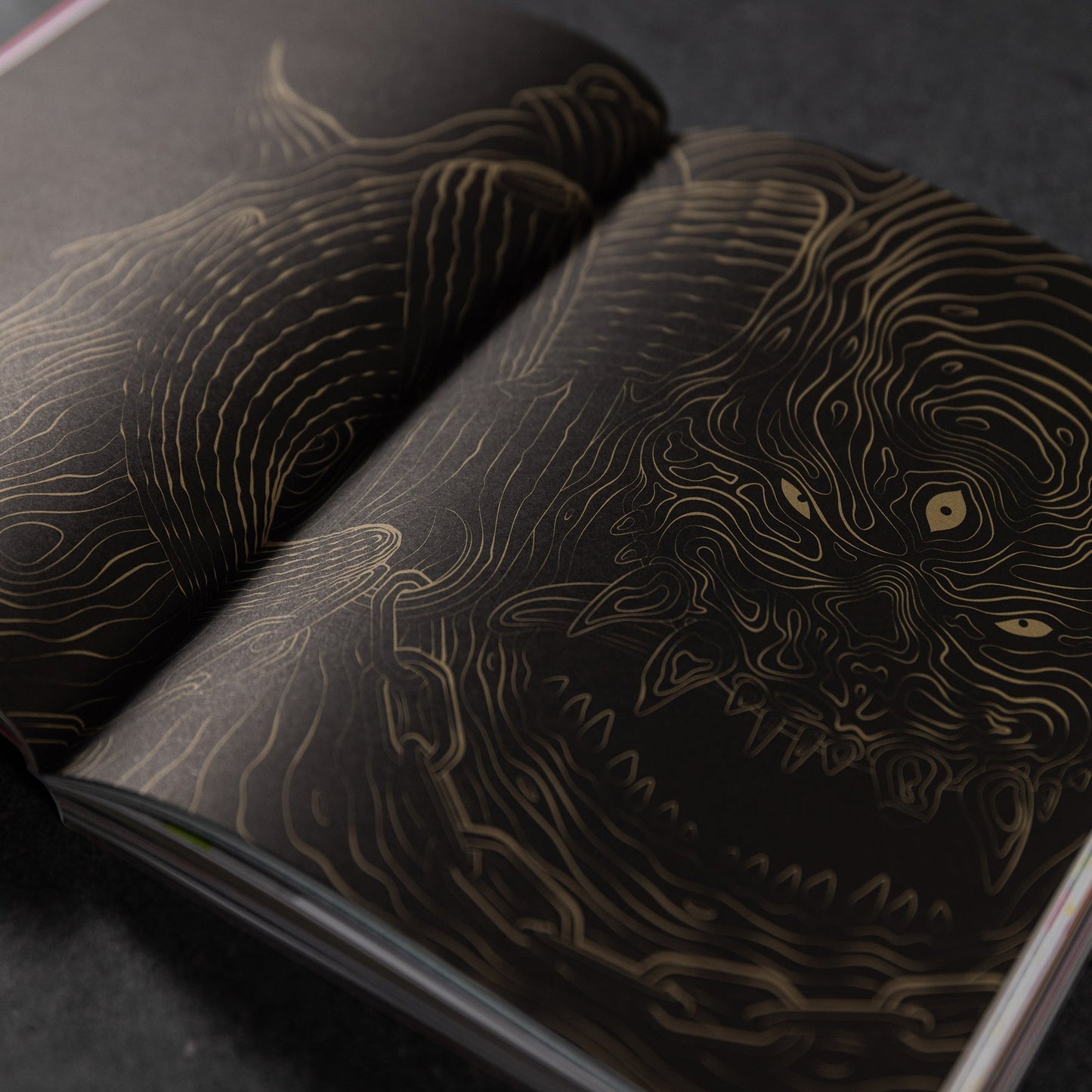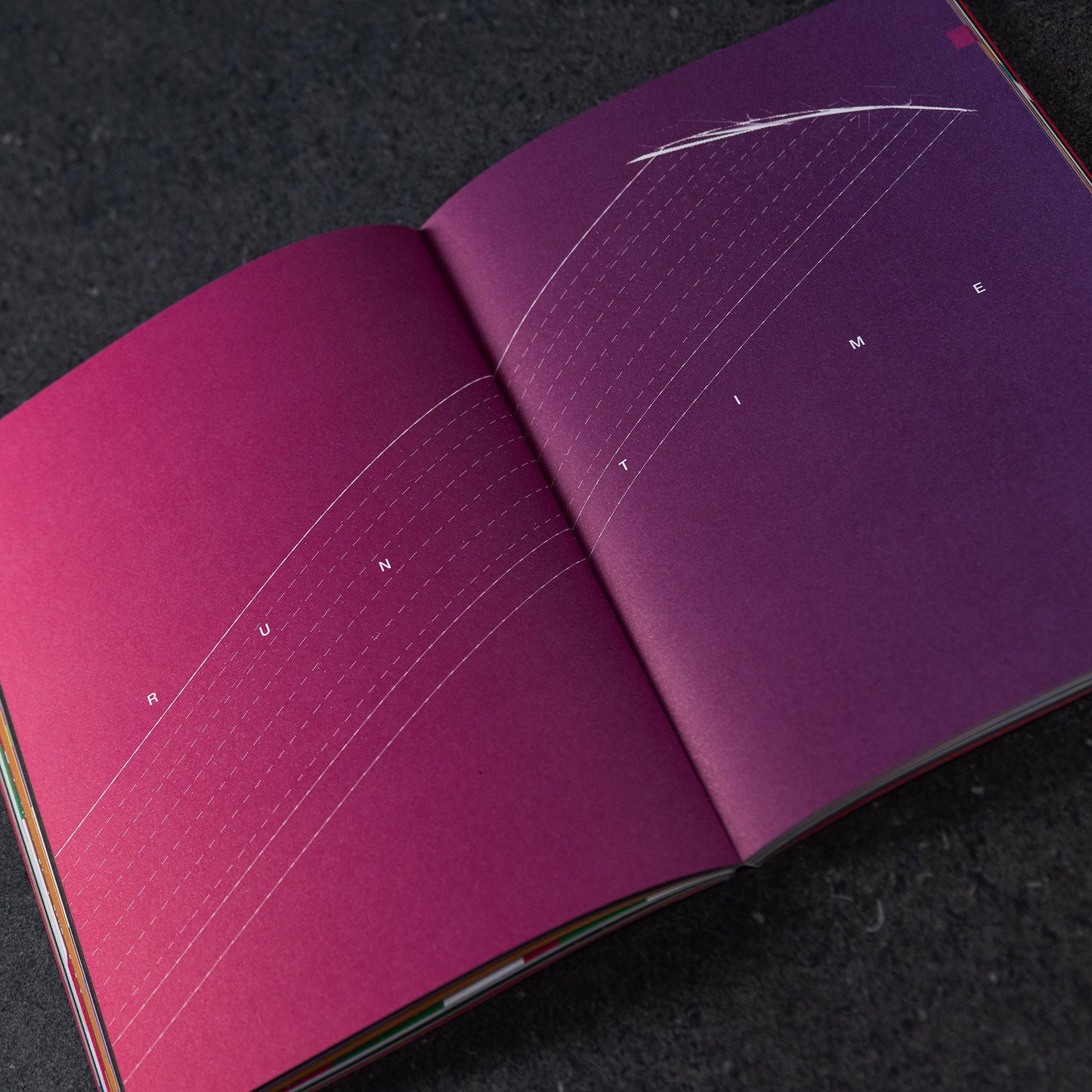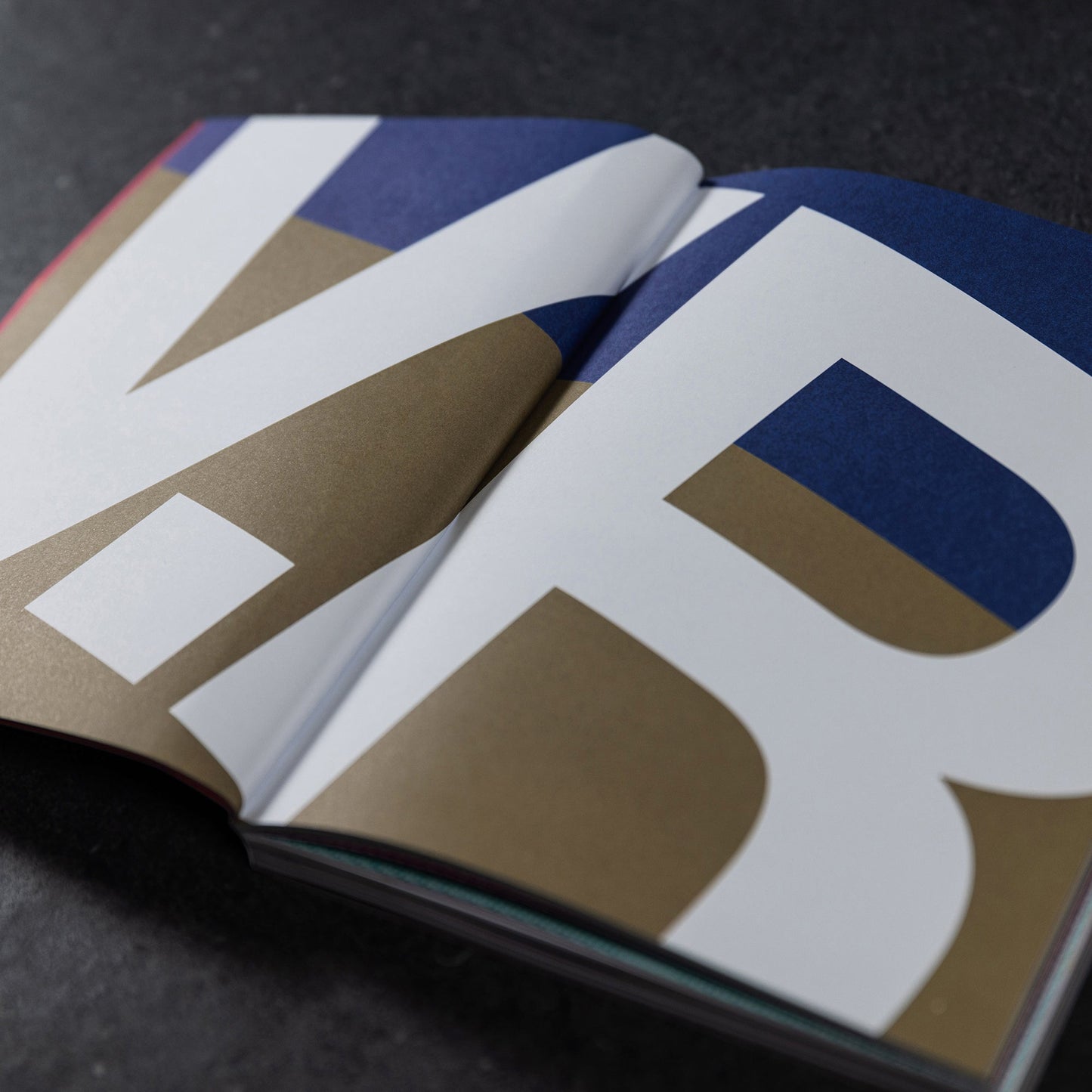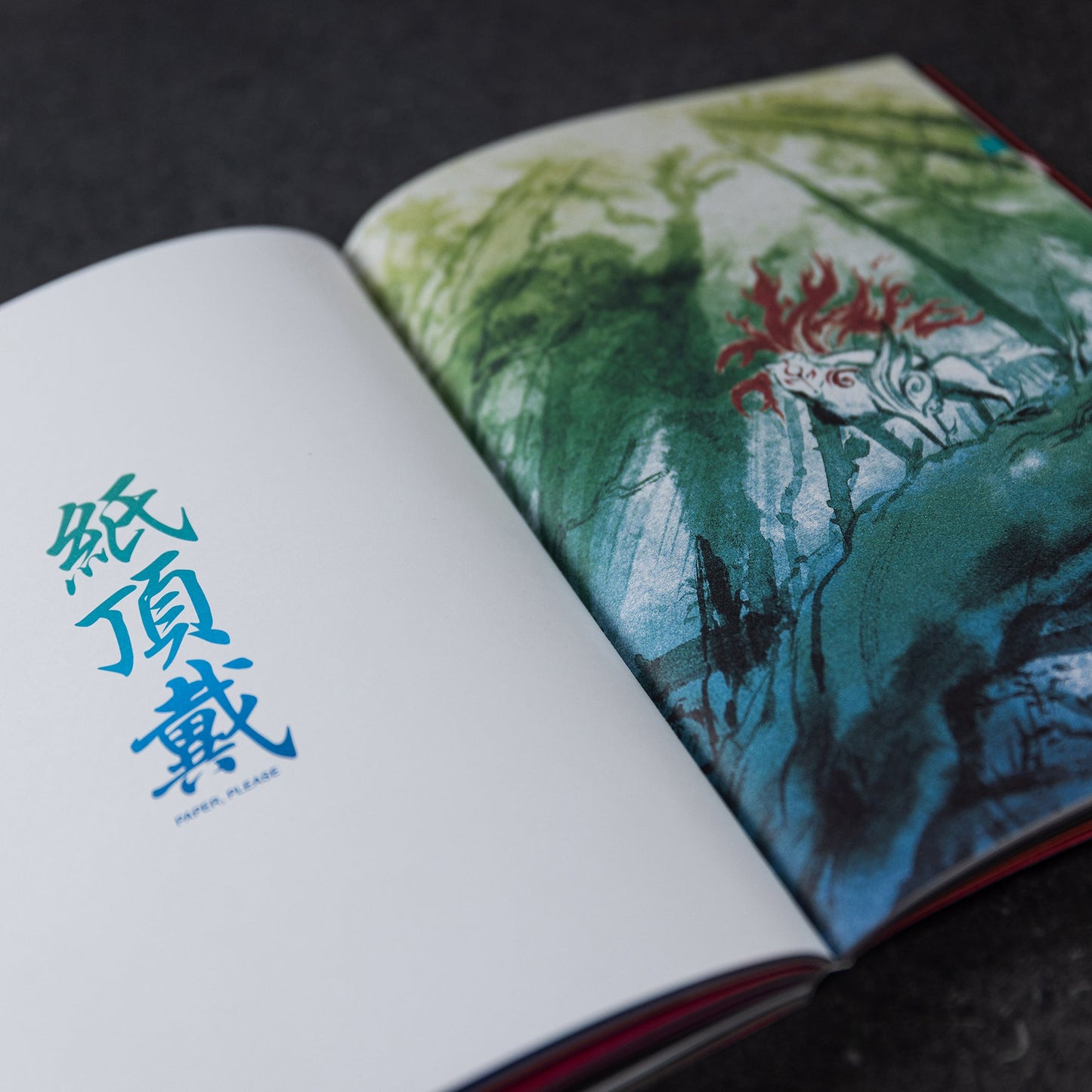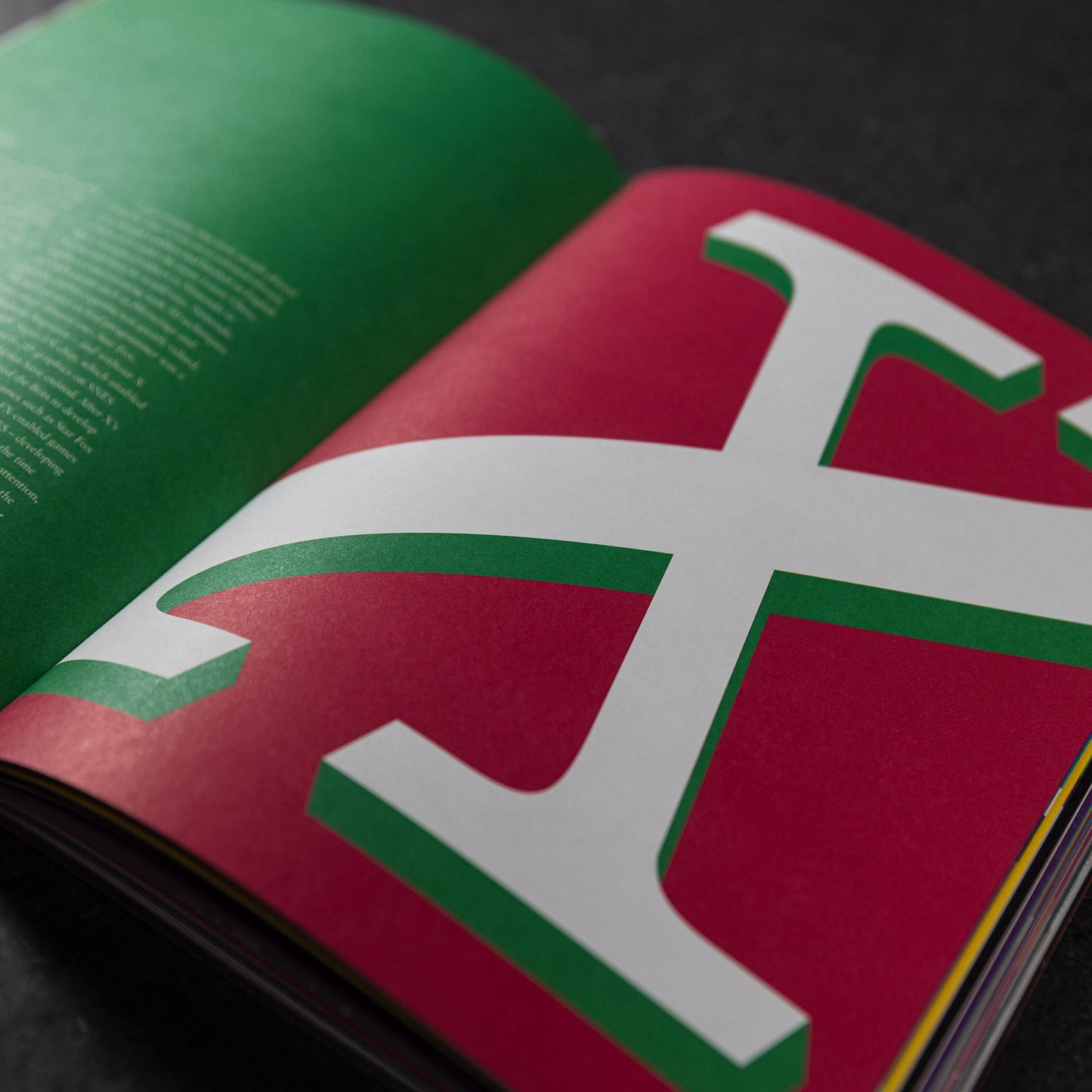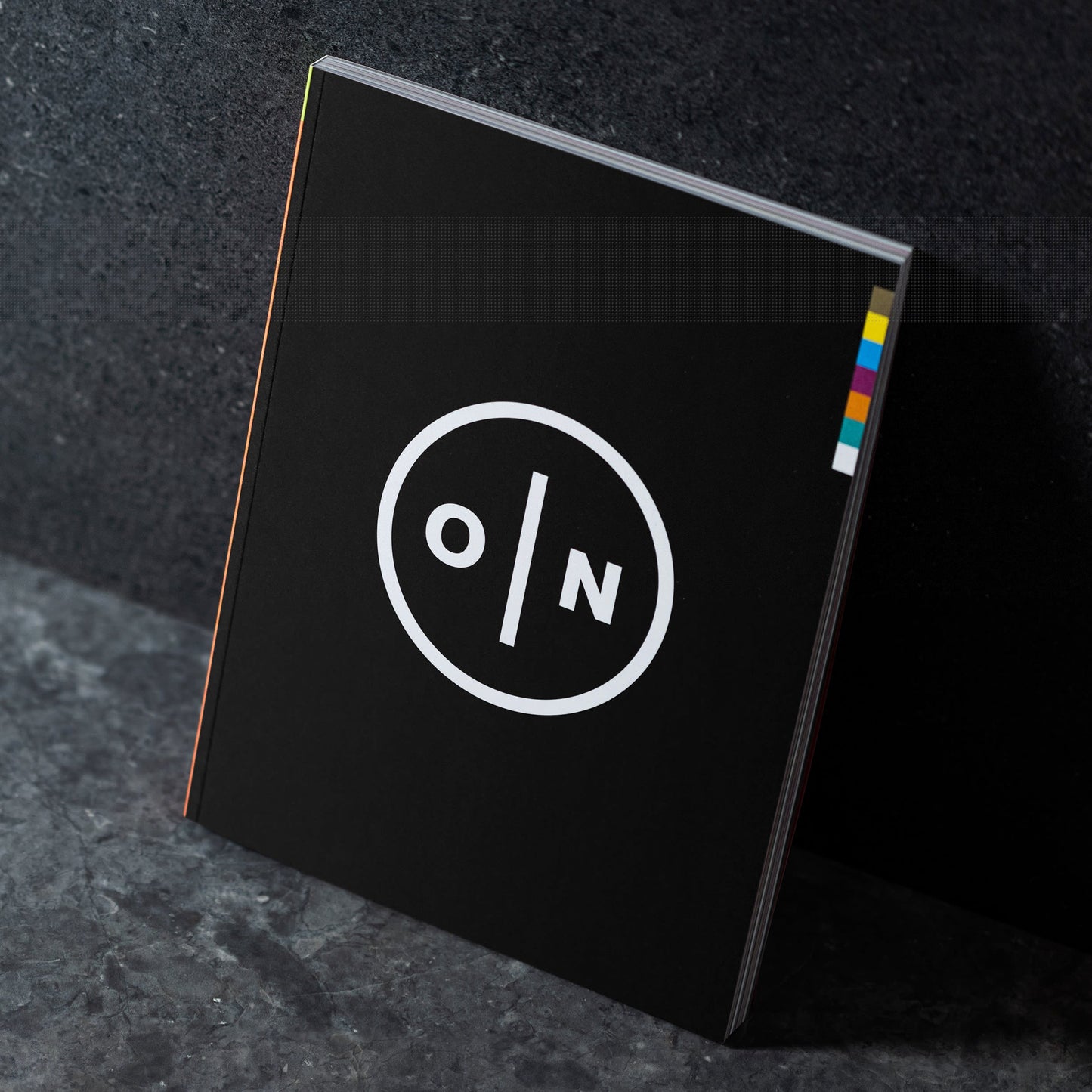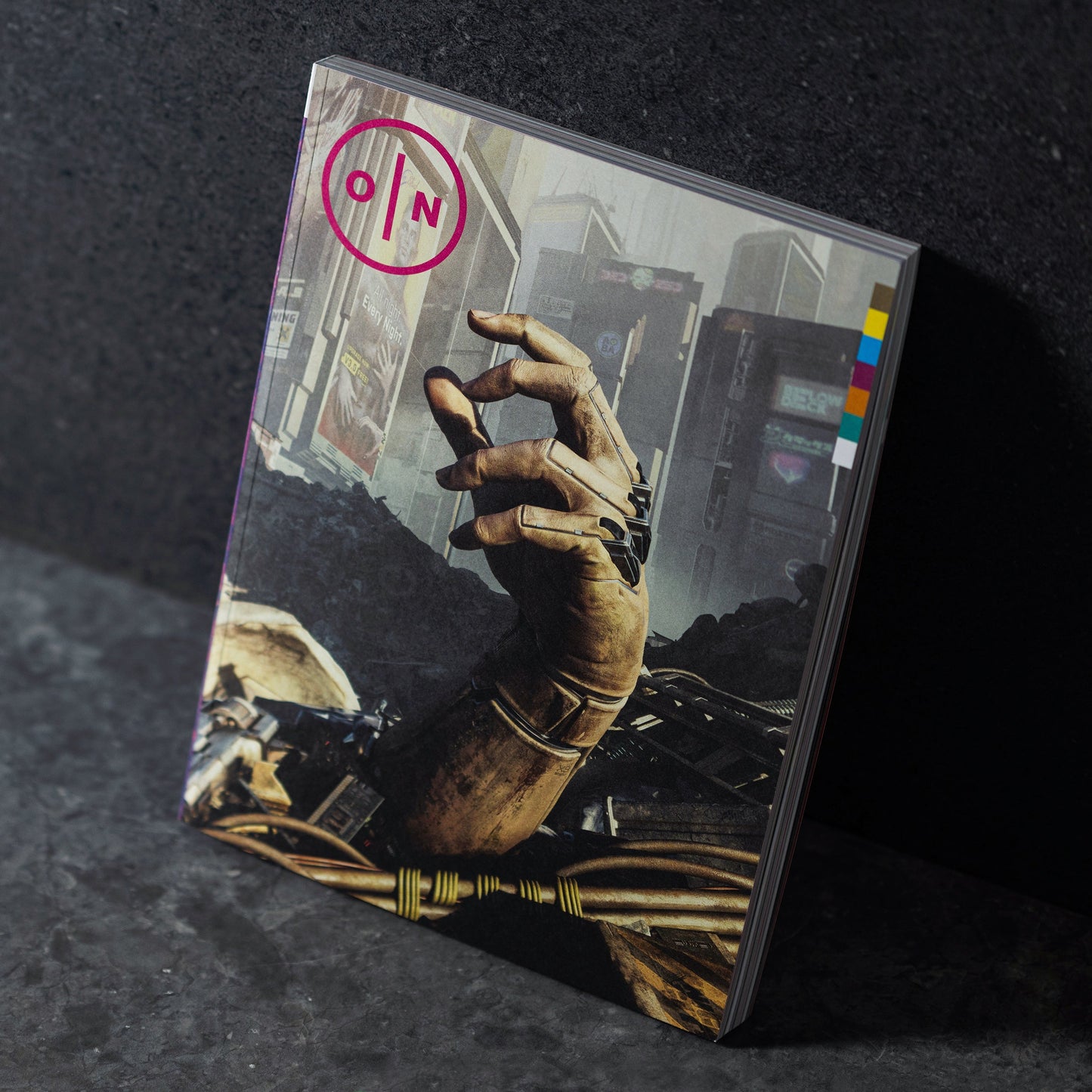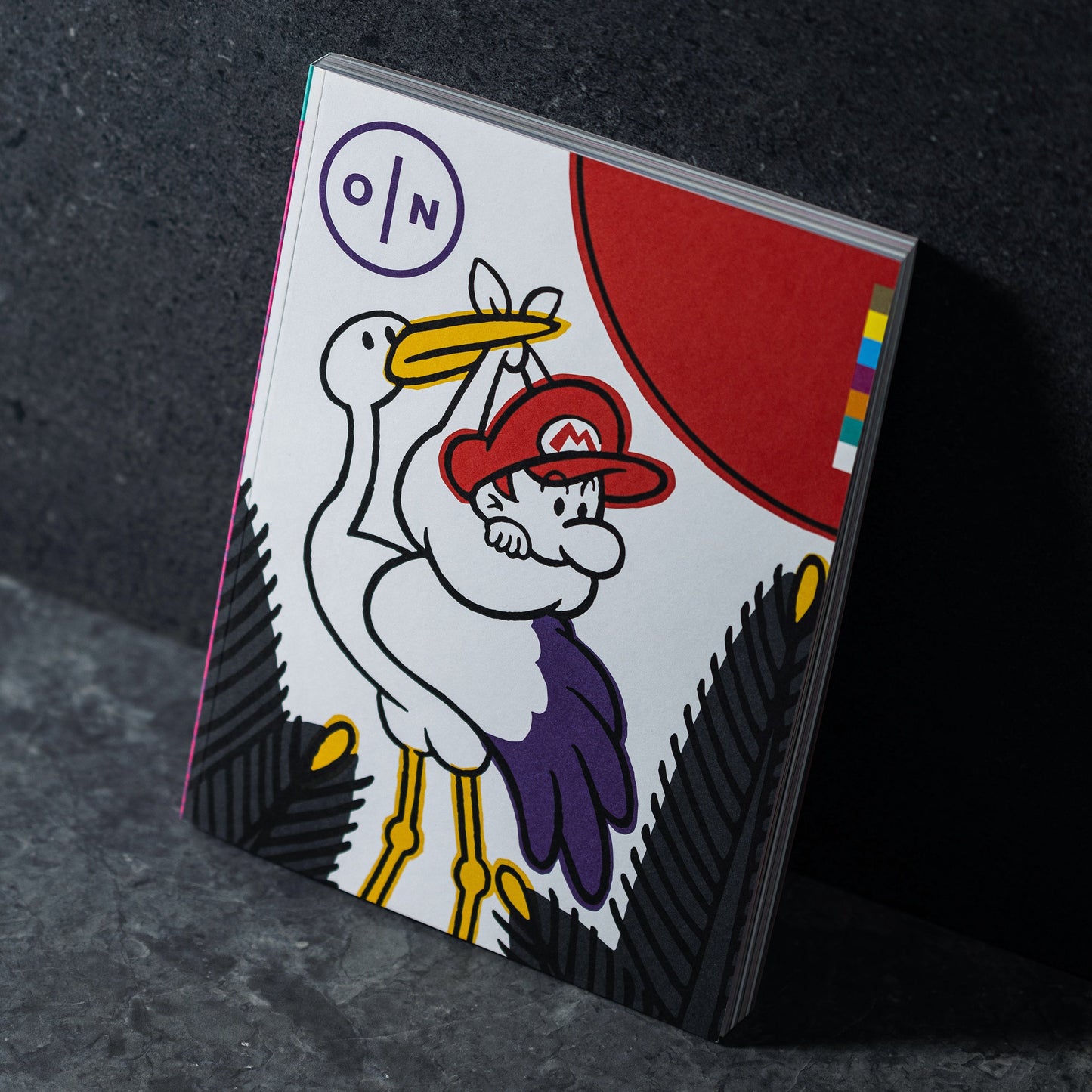Nathan Brown ON the meditative joys of run-based games

Interview with Nathan Brown
After spending the early part of his career in a succession of drab banking and finance jobs, Nathan retrained as a journalist and spent a decade at the legendary Edge magazine, including three years as editor, before signing off in 2020 to go solo. Now a game industry consultant and author of the widely read industry newsletter Hit Points, he lives in the west country with his wife, two children and an unnecessarily large dog.
Nathan Brown ON the meditative joys of run-based games in ON: Volume One.
Your piece is about run-based games. Can you tell us a little about this emerging genre?
Nathan Brown: Run-based games are short, snappy twists on the Roguelike formula that offer guaranteed fun in short bursts. Every run is the same, in that you set out with a known inventory — a deck of cards; a spaceship; a sword or axe or magical staff — and tend to know, in broad if not specific terms, what you’ll face along the way. But every run is also different: maps or levels are procedurally generated, enemy placements and orderings are remixed, loot drops are ruled by RNG and it is up to you to find logic in the chaos. Escalating, opt-in difficulty tiers let you set your own goals and make each game, in theory, endlessly replayable — something to which the thousands of hours logged in my Steam library in some of these games can (quite embarrassingly) attest.

Why do you think it's currently having a bit of a moment?
Nathan Brown: The short answer is probably Hades, the game that sold millions, hoovered up awards and generally brought Roguelikes out of their nerdy little closet. But I think run-based games are just a really good fit for where games are at the moment, reflecting and refracting a lot of the medium’s current trends. They are driven by randomness, but contain ways to bend RNG to your will; they use loot systems, but without the painful long-term grind; they are endless like a live-service ‘forever’ game, but with none of the FOMO or dark-pattern monetisation. They are highly active games — you are constantly either doing something or thinking about what to do next — which is quietly refreshing in an era where you can sit down for an hour with a triple-A blockbuster and do nothing but watch cutscenes and push up on the stick. And it’s an incredibly flexible template, deployable in just about every genre of game you can think of — chances are there’s a run-based game out there for every taste.
You've said that these games "give you peace". Why do you think they're so comforting?
Nathan Brown: It’s how active they are; they demand, and get, my full attention for the duration of the current run. Modern life is noisy and full of distractions. A dull cutscene or long loading screen often sends my brain drifting elsewhere, thinking of other things, my hand reaching for my phone or alt-tabbing in search of something more engaging. But with a run-based game I am completely locked in. My focus is total; all the day’s other little worries and niggles fade away for a little while, and I find that really quite precious. These are, on the face of it, some of the hardest games on the market. But when you know them well they can be wonderfully relaxing.

Are there any games that people would be surprised to find fit quite well into this genre?
Nathan Brown: Loads! Battle-royale games — your Fortnites and Warzones and whatnot — are technically run-based: you know the map, and the likely opportunities and hazards you’ll face, but not where or when you’ll encounter them. Run-based modes are increasingly popular among the triple-A set, with DLC modes for God of War Ragnarok, The Last Of Us Part II and Assassin’s Creed Valhalla among the games to experiment with the formula. One of my favourites is the Survival mode in the Streets Of Rage 4 DLC, a randomised, wave-based thing in hazard-filled rooms with a loot drop at the end of each stage; when things come together you’re doing 30-hit air combos, out of sight off the top of the screen, while setting everything below you on fire. Lovely stuff.
Read the full feature in ON: Volume One:
ON: Volume One
